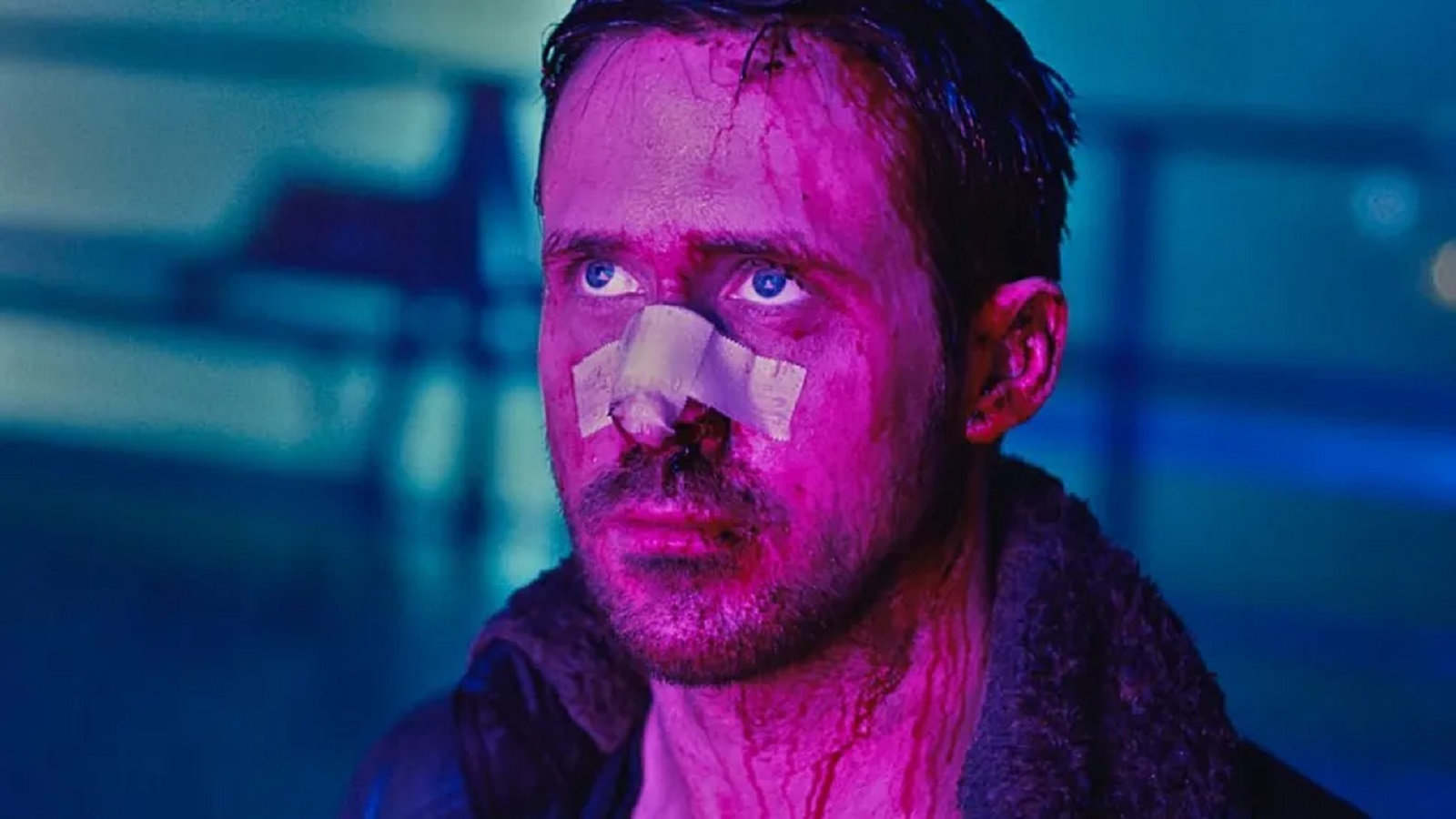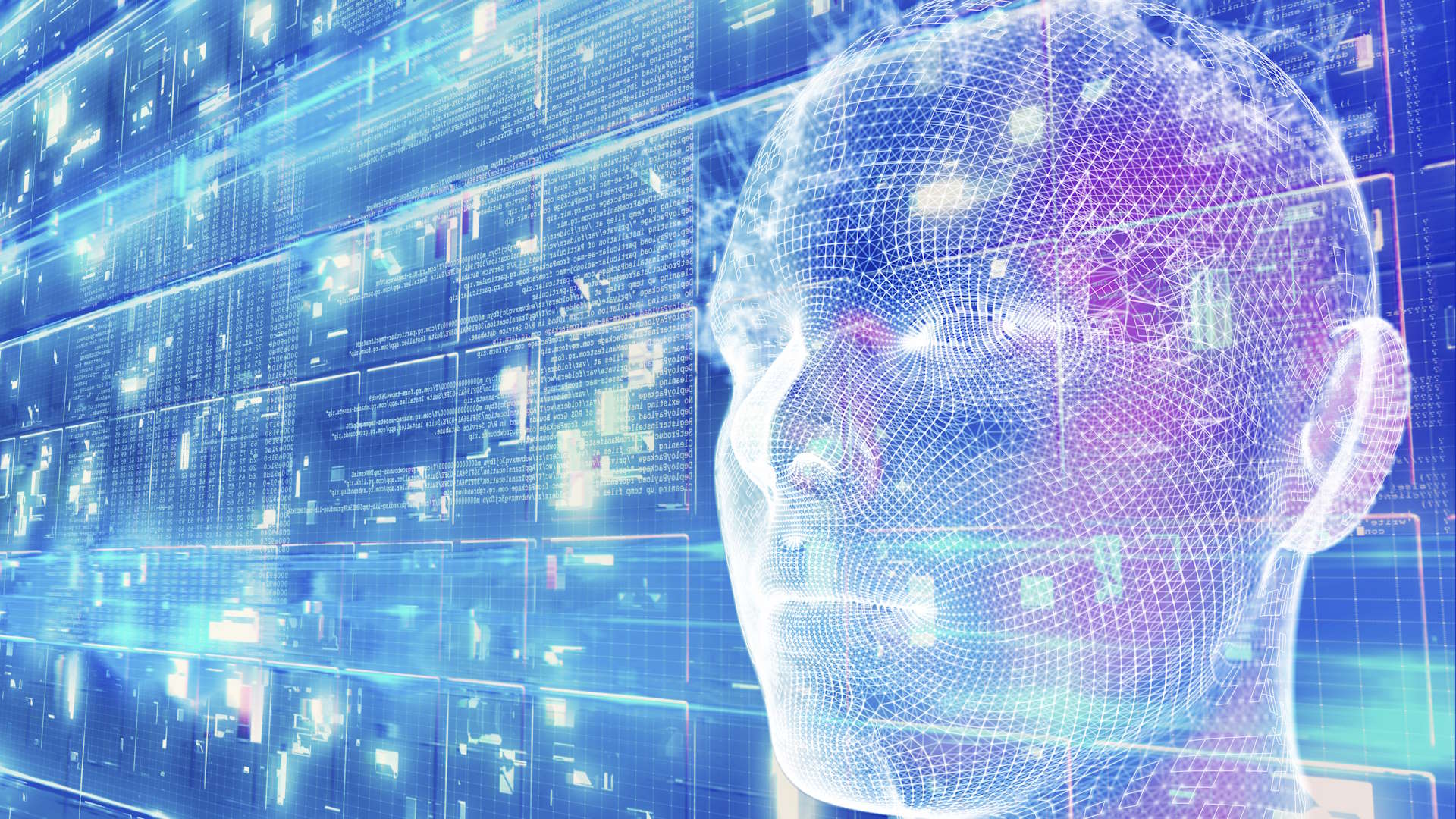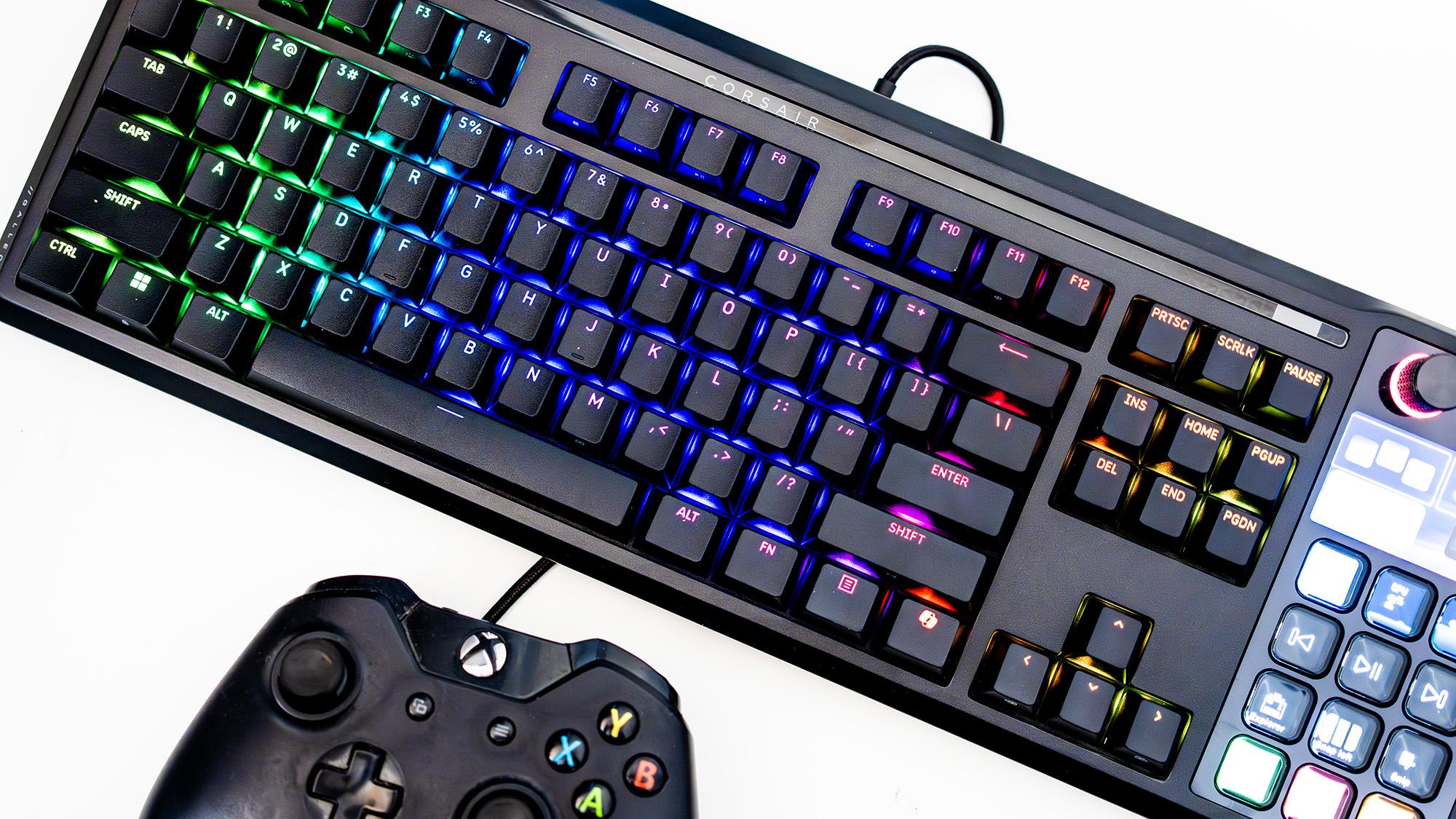World's top banker says the AI bubble will burst, and shedloads of money 'will probably be lost'
"AI in total will pay off… cars in total paid off, and TVs in total paid off, but most people involved in them didn't do well."

Keep up to date with the most important stories and the best deals, as picked by the PC Gamer team.
You are now subscribed
Your newsletter sign-up was successful
Want to add more newsletters?

Every Friday
GamesRadar+
Your weekly update on everything you could ever want to know about the games you already love, games we know you're going to love in the near future, and tales from the communities that surround them.

Every Thursday
GTA 6 O'clock
Our special GTA 6 newsletter, with breaking news, insider info, and rumor analysis from the award-winning GTA 6 O'clock experts.

Every Friday
Knowledge
From the creators of Edge: A weekly videogame industry newsletter with analysis from expert writers, guidance from professionals, and insight into what's on the horizon.

Every Thursday
The Setup
Hardware nerds unite, sign up to our free tech newsletter for a weekly digest of the hottest new tech, the latest gadgets on the test bench, and much more.

Every Wednesday
Switch 2 Spotlight
Sign up to our new Switch 2 newsletter, where we bring you the latest talking points on Nintendo's new console each week, bring you up to date on the news, and recommend what games to play.

Every Saturday
The Watchlist
Subscribe for a weekly digest of the movie and TV news that matters, direct to your inbox. From first-look trailers, interviews, reviews and explainers, we've got you covered.

Once a month
SFX
Get sneak previews, exclusive competitions and details of special events each month!
Jamie Dimon, the head of JP Morgan and widely regarded as the world's top banker, has given a wide-ranging interview to the BBC. Metal Gear fans rejoice: The full thing can be found in the Big Boss Interview (yes, that's really what they call it), and one of the topics Dimon is pressed on is AI and the enormous investment and cross-holdings (for example, Microsoft's investment in OpenAI) across this nascent field.
Dimon firstly says he's "far more worried than others" about a serious market correction, also known as a crash, which "could be six months, could be two years" away. He broadly reckons that the US stock markets are overheated, and says "the level of uncertainty in most peoples' minds should be higher."
This isn't all about AI: Dimon cites "a lot of things out there" like the geopolitical situation, fiscal spending and remilitarisation, a topic he seems quite keen on. "All these things cause a lot of issues that we don't know how to answer," he said. "So I say the level of uncertainty should be higher in most people's minds than what I would call normal."
Dimon says his internal sense of the probabilities would be "a higher probability than the market and maybe others… if the market says 10%, I'd say 30%."
So this all sounds fantastic! Earlier this week PCG reported on an investment note from one Julien Garran, former leader of UBS's commodities strategy team, in which he claims AI is no mere bubble, but a bubble 17 times larger than the dotcom bubble and four times that of the sub-prime bubble behind the 2008 global crash.
Dimon says of the field's many cross-investments that "AI is a little bit different, there are some justifications for vendor finance and things like that" before going on a bizarre tangent about where he'd like to see more investment:
"People talk about stockpiling things like crypto, I always say we should be stockpiling bullets, guns and bombs. The world's a much more dangerous place, and I'd rather have safety than not."
Keep up to date with the most important stories and the best deals, as picked by the PC Gamer team.
Dimon goes on to talk about the impossibility of predicting market crashes precisely before cheerily reciting the "'74 crash, the '82 crash, '90, the Internet bubble you mentioned where I think a trillion dollars was lost at one point… But things came out of it that were hugely beneficial." Dimon's here talking about the big tech companies that survived the dotcom crash and now dominate the global landscape: "hugely beneficial" is obviously a bit of a judgment call.
"There's all that hype out there, you take AI, there's all that money going into it," says Dimon in this context. "The way I look at it is AI is real, AI in total will pay off. Just like cars in total paid off, and TVs in total paid off, but most people involved in them didn't do well."

"Most people involved" losing out just doesn't seem good, does it? Pressed by the BBC's Simon Jack on whether investors were going to lose big on AI, he admits some of the money will "probably be lost."
So that's just great. Dimon's warning comes just a day after the Bank of England warned that "the risk of a sharp market correction has increased" with direct reference to an AI-triggered market slump, adding that the risk to Britain's financial system was "material." It pointed out that 30% of the US S&P 500's valuation consisted of the five largest companies, the greatest concentration in 50 years.
"This, when combined with increasing concentration within market indices, leaves markets particularly exposed should expectations around the impact of AI become less optimistic," said the BoE.
A year or two ago, it was podcasters and tech journalists speculating that the AI gold rush might be getting out of hand. Now it's some of the world's top financial minds looking at this and going "hmmm, maybe there's a problem here." The sheer scale of the bet on this technology might make it the biggest gamble in history. And if it doesn't work out, it sure sounds like (almost) everybody loses.

1. RTX 5060 laptop | Lenovo LOQ 15 | $810 (save $490)
2. 1 TB SSD | Lexar NM790 | $66 (save $24)
3. Gaming chair | Corsair TC100 Relaxed | $160 (save $110)
4. 4K OLED monitor | MSI MAG | $750 (save $150)
5. GPU | ASRock RX 9070 XT | $640
👉Check out our full list of deals👈

Rich is a games journalist with 15 years' experience, beginning his career on Edge magazine before working for a wide range of outlets, including Ars Technica, Eurogamer, GamesRadar+, Gamespot, the Guardian, IGN, the New Statesman, Polygon, and Vice. He was the editor of Kotaku UK, the UK arm of Kotaku, for three years before joining PC Gamer. He is the author of a Brief History of Video Games, a full history of the medium, which the Midwest Book Review described as "[a] must-read for serious minded game historians and curious video game connoisseurs alike."
You must confirm your public display name before commenting
Please logout and then login again, you will then be prompted to enter your display name.

